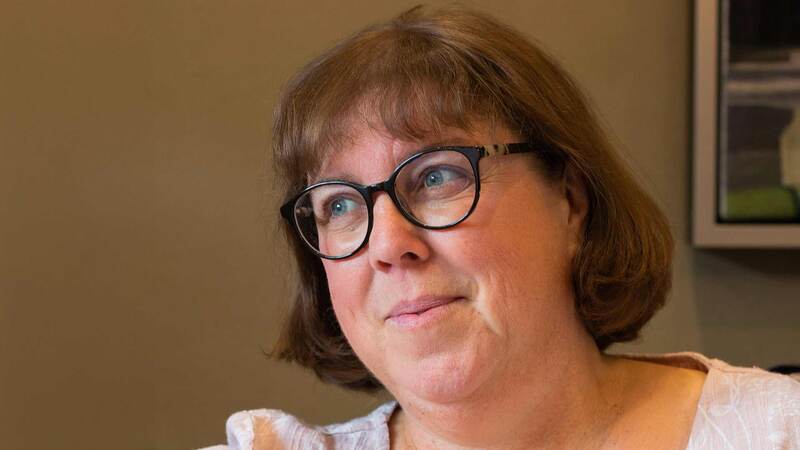You are viewing your 1 free article this month. Login to read more articles.
Society of Authors renews calls for TV shows to pay authors
The Society of Authors (SoA) has renewed its calls for TV companies to pay and credit historians and authors for their research work after a rise in complaints from members.
SoA c.e.o. Nicola Solomon said writers were increasingly complaining of not being paid or credited where books had formed the basis of hit shows or for research they provided to producers. She claimed it was a “perennial problem” made worse by the huge amount of television now being produced and the need for content to fill them.
She said: “People are also having their brains picked for information and having the impression they’ll be credited. They then find later they were just giving the background and someone else was used on the programme instead. It’s incredibly galling.”
The SoA recently drew up a series of guidelines on good practice for production companies and authors with Pact, the trade association for media firms. It followed the experience of Hallie Rubenhold who claimed her book The Covent Garden Ladies had inspired ITV drama "Harlots". She was later credited as the series inspiration.
Among its recommendations is that producers should be clear from the start whether they are merely seeking background information or a contribution and whether renumeration is on offer.
Authors are advised to limit the information they share with companies until the terms of their involvement are made clear. Writers are also urged to find out what stage of development the show is in and start discussion about renumeration early on.
Historian Antony Beevor, who has been outspoken on the issue, said he feared young historians were being “screwed" out of money by the ever increasing numbers of documentary makers, fearful of saying no to them because of pressure for publicity.
He told The Bookseller: “It’s an area where I don’t think we’re necessarily going to win. I do find it striking that some companies ask you to be interviewed and then say it’s against our principles to pay you because it will skew your advice, which is ridiculous.”
Beevor said the problem had partly increased because of the growing “anniversary industry”. With the 75th anniversary of D-Day coming in June, Beevor said he has been interviewed by documentary makers from six different countries with another on the way, though he had demanded a fee each time.
He said: “It’s not just in this country, it’s getting wider and wider. It’s always this idea from the film director that these people are so desperate for publicity we don’t have to pay them a fee or we can screw them down to a token fee.
“I’m lucky I’m in a position where I can demand a fee. I think it’s so unfair on young historians. If they’re explaining their research and getting nothing I think that’s outrageous.”
“We do try and take a strong line on this but the problem is there’s just so many documentary companies now,” he said. “There’s an absolute plethora all fighting desperately for business with quite often restricted budgets so the first person they’ll try to screw is the talent.”

















